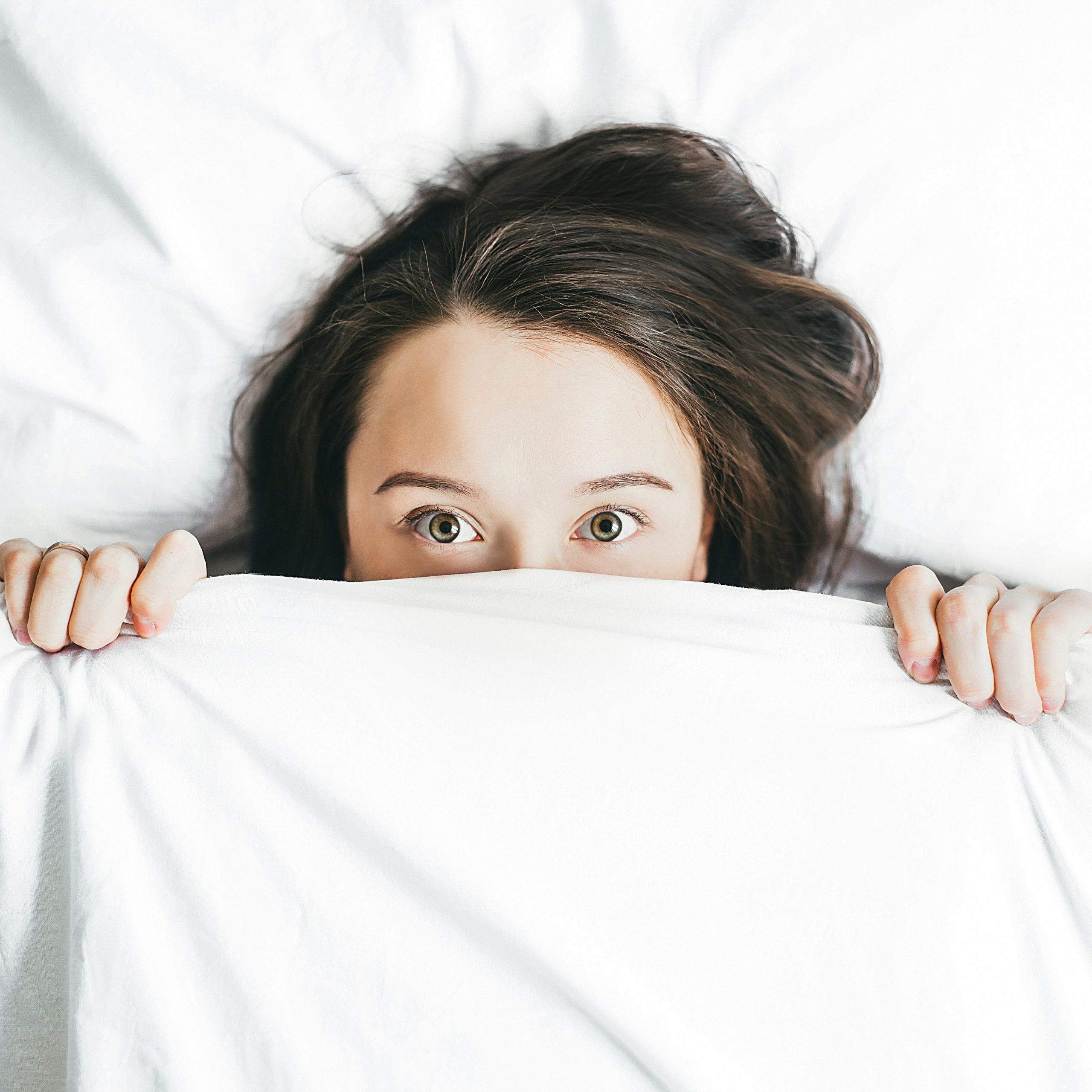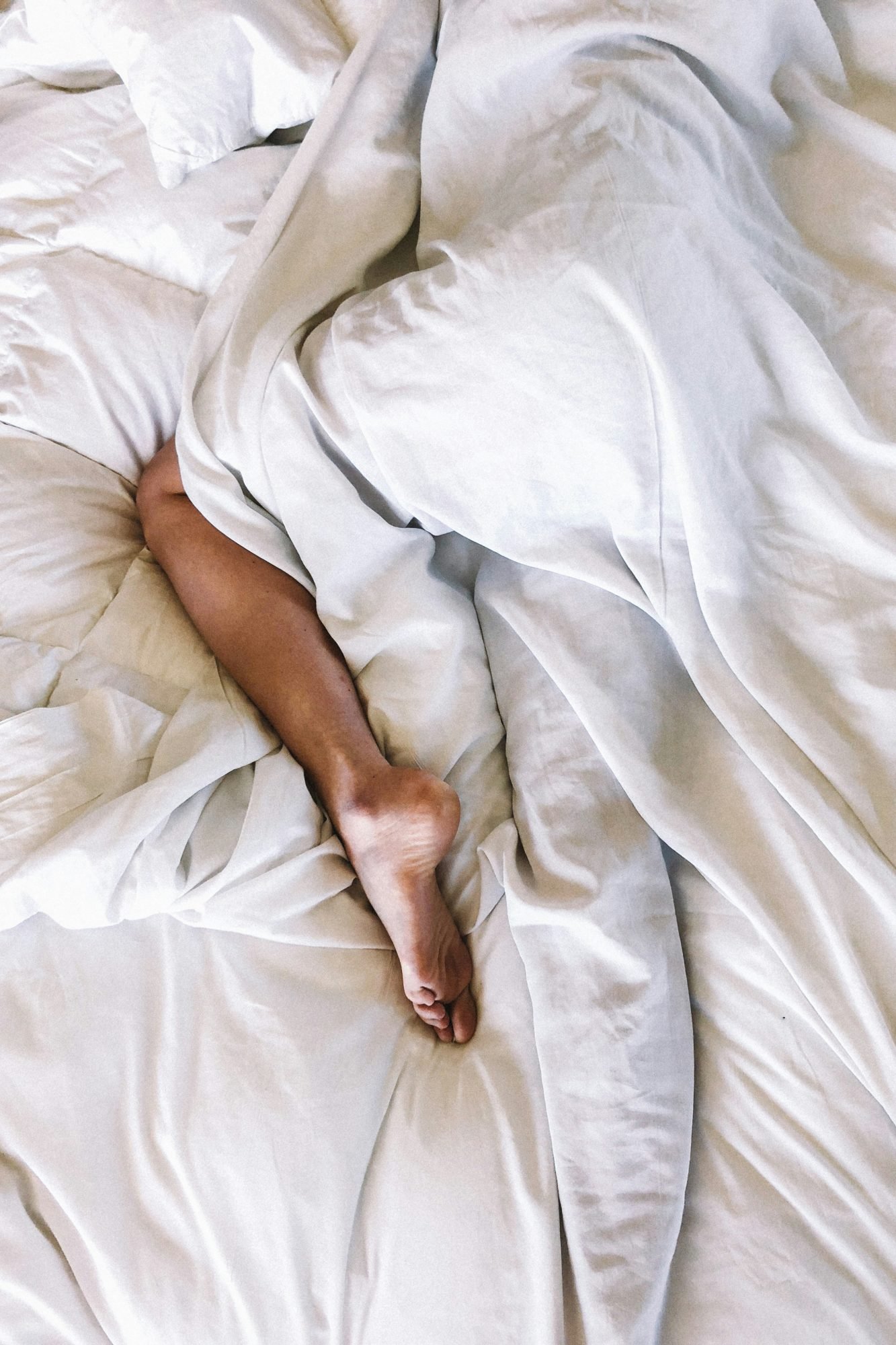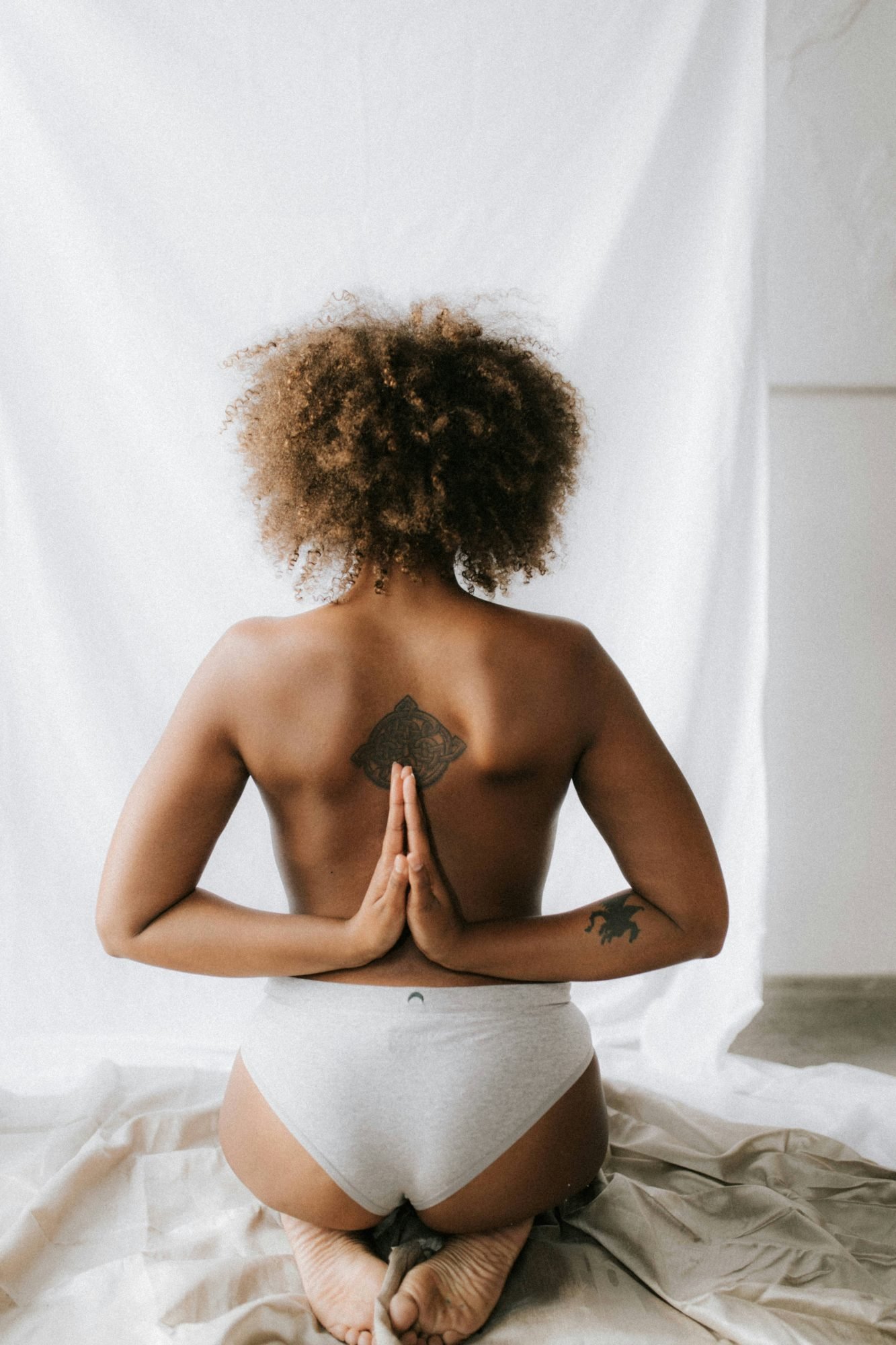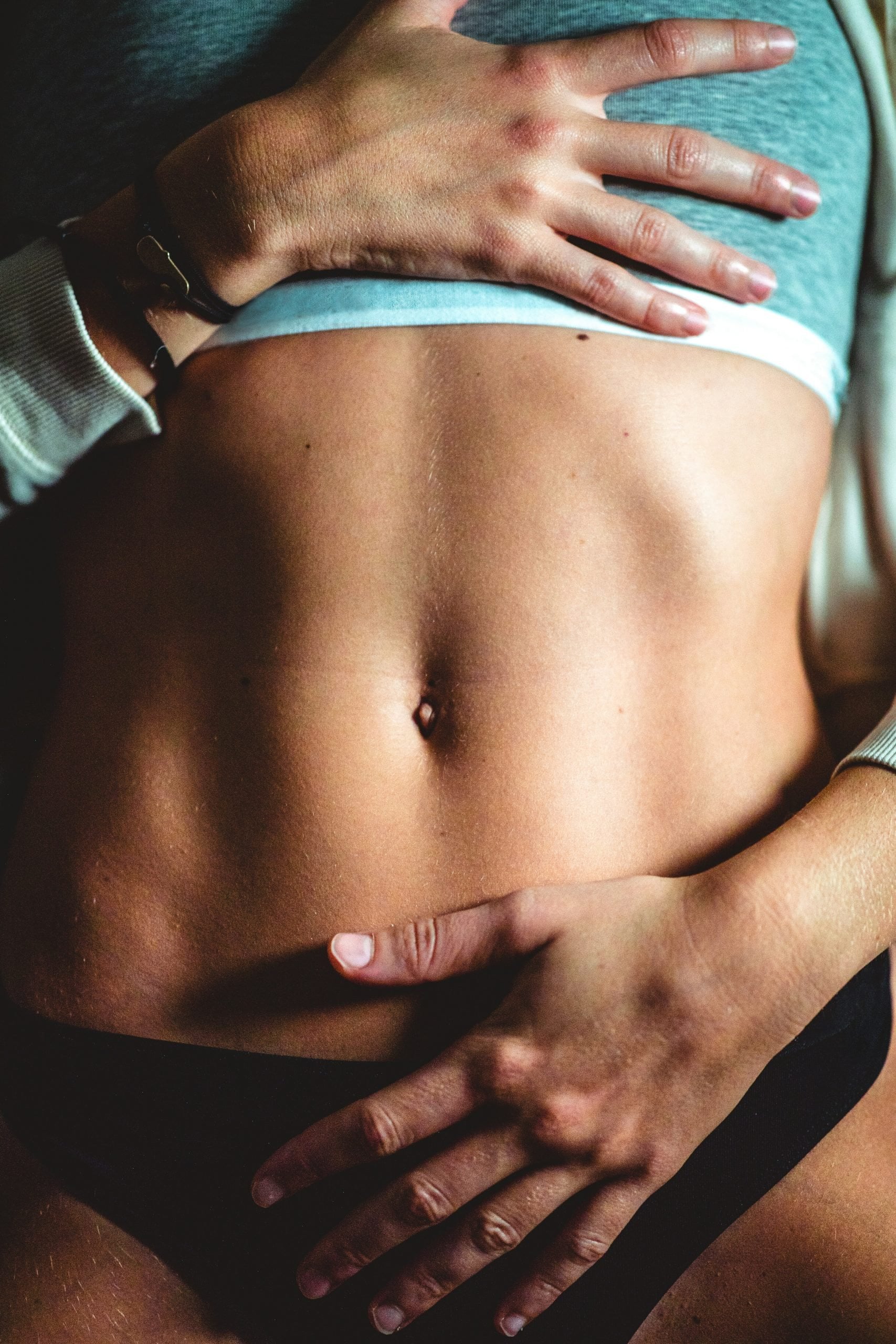
Going to Bed Early: The New Beauty Trend of 2025!
This publication is also available in: Français
English (UK)
Deutsch
Italiano
Español
What if going to bed early became your new wellness secret?
What once seemed like a punishment for teens is now a genuine trend among young adults. Since Covid, cocooning nights are much more popular than clubbing! More and more young adults are avoiding late-night outings for a quiet evening in front of Netflix and going to bed around 9 PM or 10 PM.
But this isn’t just a passing trend. As we know, today’s youth are spending much more time at home than the previous generation, and at the same time, maybe going to bed early is a really good idea! Better physical and mental health, glowing skin, and above all, more energy throughout the day without that little slump that hits in the afternoon. Does that sound appealing?
Going to bed early… but at what time?
Everyone has different needs, but when we talk about going to bed early, it means getting into bed around 9 PM, or 10 PM at the latest.
A scientific study published by the European Society of Cardiology recently proved that going to bed before 10 PM would reduce the risk of cardiovascular diseases. Going to bed early is also more natural for the body, which biologically synchronizes its rhythm with that of daylight and night. We often forget this, especially in the city where we are disconnected from nature, but our internal functioning hasn’t changed.
If going to bed at 9 PM or 10 PM seems too early for you, try increasing your activities during the day or getting up a little earlier to exercise or do yoga. It’s also worth considering what you do in the evenings if you’re a night owl. Some people enjoy staying up to have some time for themselves, finish tasks, write, or work on personal projects. But if you realize that your evenings consist of endlessly scrolling through social media or watching Netflix without a real purpose, it’s highly likely that going to bed early will help you better refocus on yourself.

The positive effects of going to bed early
Going to bed early has several proven benefits for physical and mental health as well as for the appearance of our skin.
- Benefits for physical health:
Going to bed early promotes alignment with the circadian rhythm (the one that aligns with daylight) which allows the body to release melatonin, the sleep hormone, at its natural peak (usually between 9 PM and 11 PM). Early sleep encourages a natural decrease in blood pressure, which reduces stress on the heart.
- Benefits for mental health:
Going to bed early significantly reduces anxiety disorders, depression, and also decreases insomnia. Going to bed earlier also improves mental clarity and decision-making during the day.
- Benefits for beauty:
We all know that we look tired when we are fatigued. Restorative sleep promotes the production of collagen and elastin, essential for the firmness and elasticity of the skin. It is also during the night that the skin is more receptive to care and more sensitive to aggressions.
Getting good sleep, and especially going to bed early, is a real asset for maintaining hydrated, younger-looking, and radiant skin.

How to implement this practice
Before forcing yourself to lie in bed waiting for sleep to come (a method that’s often more stressful than effective), several simple techniques can help you prepare to sleep peacefully, without needing to count sheep.
- Read a book
This is my favorite technique, as it allows for a calm activity that stimulates reflection and imagination. I mentioned it in a previous article: I drastically reduced my Instagram consumption and I stopped using my phone in bed at night. Replacing my smartphone with a book has been one of the best decisions I’ve made.
- Practice meditation
We’ve known for a long time: meditation, whether practiced in the morning or evening, is beneficial for physical and mental health. There’s no need to be an expert: a small ten-minute session is enough to calm the mind and promote better quality sleep.
- Do gentle yoga before bed
There is a type of yoga specifically designed to improve sleep. Through a series of exercises, it calms the body and encourages falling asleep: this is called yoga Nidra. This slow and gentle practice often accompanies guided meditation. You can also learn a few simple poses to do to calming music before bed, to establish a new bedtime routine.
- Practice self-hypnosis
Self-hypnosis is a practice that engages your unconscious to help you work on psychological issues, for example. But it’s also an ideal tool for facilitating falling asleep and learning to let go through deep relaxation. By focusing on calming images or positive affirmations, you can train your mind to release tension and gently drift into sleep.
image credit: ©Alexandra Gorn/Unsplash



